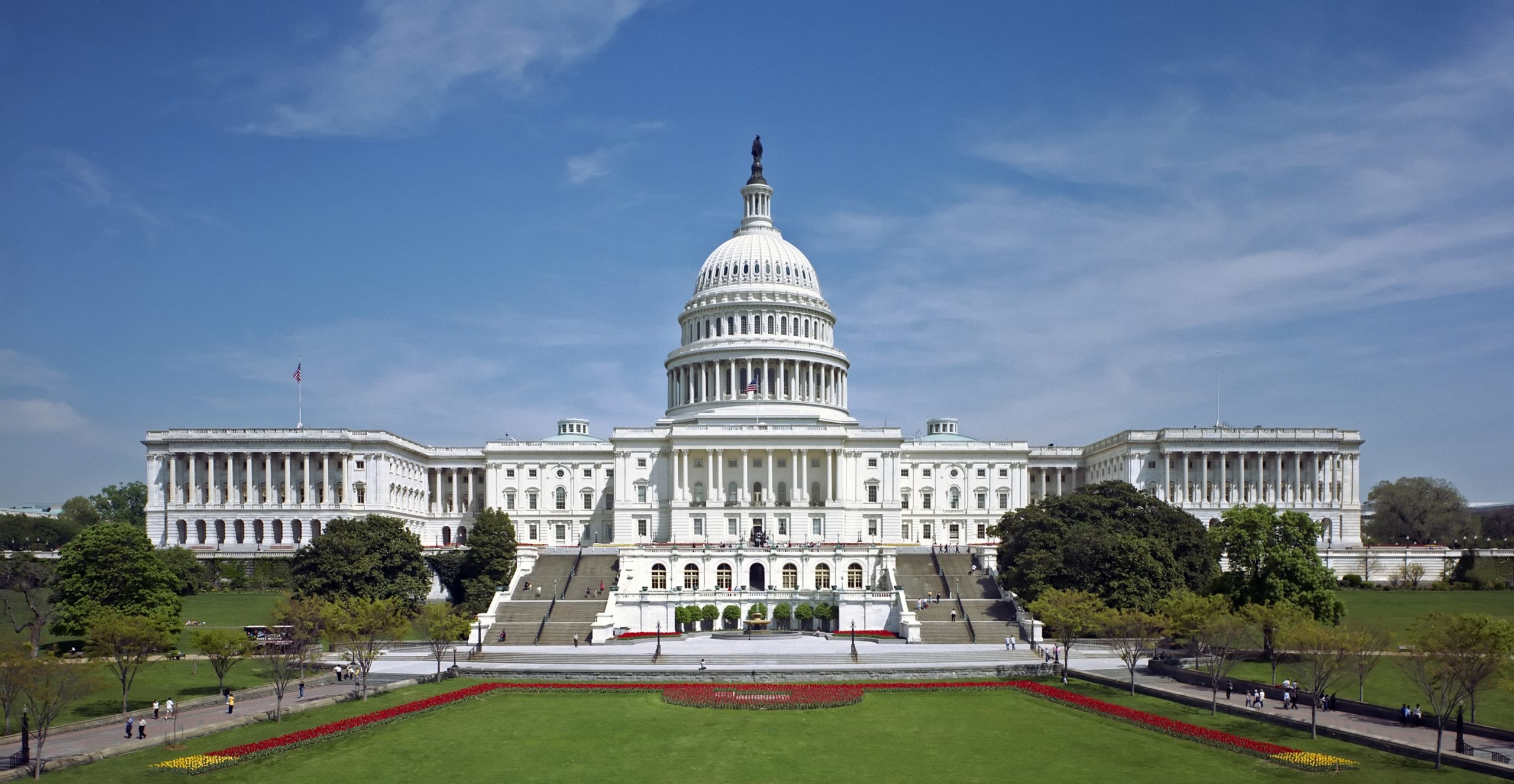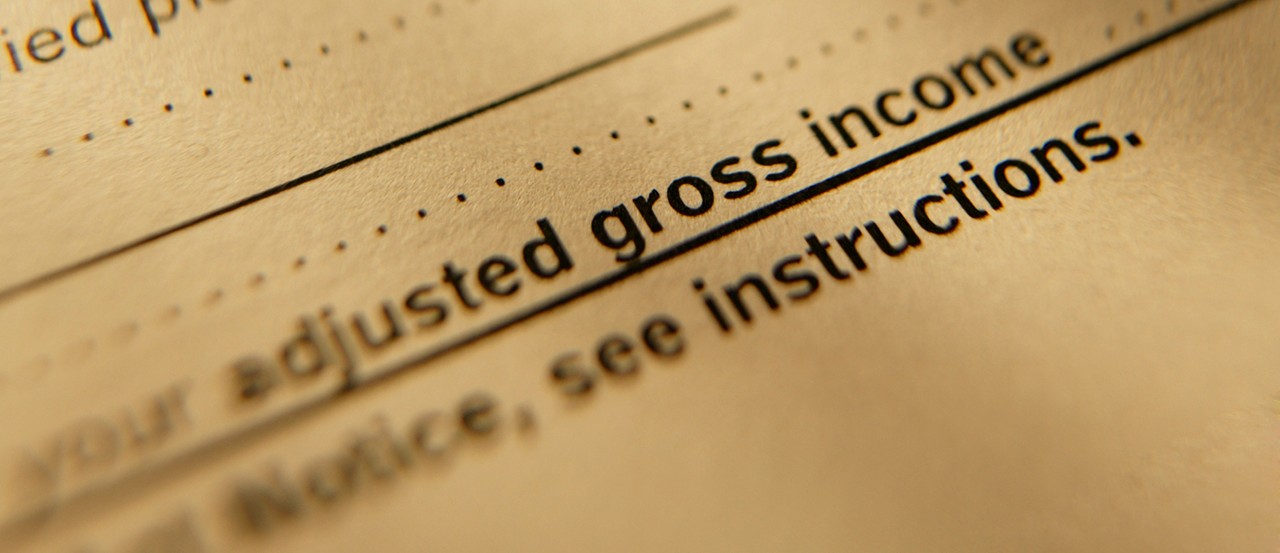Abortion rights, women of color, and LGBTQIA+ people are under attack. Pledge to join us in fighting for gender justice.
NWLC Statement on House Passage of Bipartisan Tax Bill
WASHINGTON – This evening, the U.S. House of Representatives passed bipartisan legislation, the Tax Relief for American Families and Workers Act, that includes an expansion of the Child Tax Credit that would provide additional relief to families with low incomes. In particular, the expanded tax credit would benefit more than one in three Black and Latino children under 17 years old.
See below for a statement from Fatima Goss Graves, President and CEO of the National Women’s Law Center (NWLC):
“Today’s overwhelmingly bipartisan vote is a meaningful step forward in our fight to end child poverty. The expanded Child Tax Credit in the bill would help lift half a million children out of poverty by 2025 and provide critical relief to women and families who are struggling to make ends meet.
“We urge the Senate to swiftly pass this legislation to help ensure that families can receive the benefits of the expanded Child Tax Credit this tax season. At the same time, we will continue pushing for solutions to eliminate child poverty once and for all.”
NWLC is working to combat poverty for women, children, and families. As part of that work, NWLC has released a variety of reports on the impact of key anti-poverty programs on women, children, and families to help underscore the need for long-term public investments:
- NWLC recently released an analysis which found that between 2021 and 2022, the poverty rate for families with children headed by single women as measured by the Supplemental Poverty Measure (SPM) more than doubled from 11.9 percent to 26.7 percent.
- NWLC, in partnership with the Center for Law and Social Policy, released results of a nationwide survey, which found that after the expanded Child Tax Credit expired, families had a harder time affording essentials like bills and food.
NWLC released an issue brief highlighting how key anti-poverty programs, such as housing assistance, refundable tax credits, nutrition programs, and unemployment insurance can help lift women, women of color, and LGBTQ individuals out of poverty.




